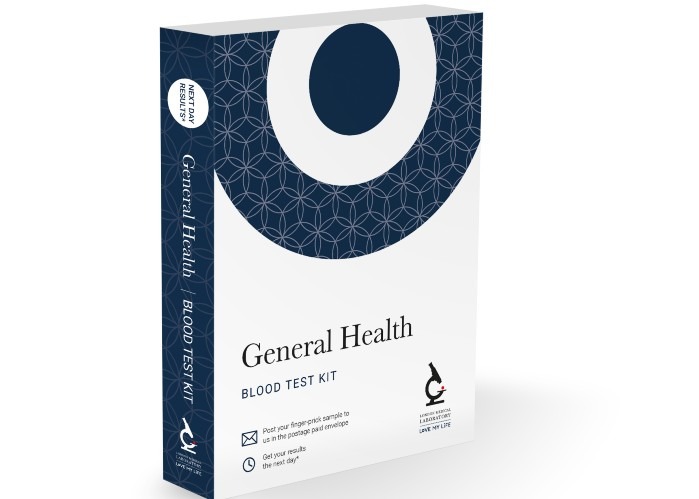As students return to schools and universities, public health experts are sounding alarms over declining childhood vaccination rates in England, which now fall below the World Health Organization’s (WHO) recommended levels for population immunity. This drop raises the risk of outbreaks of serious diseases like measles and meningitis.
Dr. Avinash Hari Narayanan, Clinical Lead at London Medical Laboratory, has highlighted the precarious situation created by a decade-long decline in vaccination uptake across the country. “With many young people starting school or university, falling vaccination rates are increasingly concerning,” he said. “All vaccines, including those for whooping cough, measles, mumps, rubella, polio, meningitis, and diphtheria, have seen decreased uptake in recent years.”
The decline is attributed to several factors, including the long-term impact of misinformation surrounding the MMR vaccine, interruptions to vaccination schedules due to COVID-19 lockdowns, and a decrease in vaccinations administered before school age. Consequently, many children and young adults are entering educational settings unprotected against potentially life-threatening diseases.
In response, the UK Health Security Agency (UKHSA), in partnership with the Department of Health and Social Care and NHS England, has launched a new campaign to inform parents and guardians about the dangers of missed vaccinations. “The campaign’s urgent message is clear: ‘If children aren’t vaccinated, they’re not protected,'” Dr. Narayanan noted. This initiative coincides with the start of the new school term, aiming to curb a rise in measles cases similar to the outbreak seen last October.
Since the autumn of 2023, England has witnessed a spike in measles outbreaks, particularly in the West Midlands, North West, and London, resulting in the highest case numbers since 2012. The risk of severe illness, hospitalisation, and even death is significant for unvaccinated children, who should receive their first dose of the MMR vaccine at one year and a second dose at three years and four months. Parents are urged to ensure their children receive vaccinations as soon as possible.
Another critical vaccine is the MenACWY jab, which protects against four strains of meningococcal bacteria that can lead to meningitis and bloodstream infections. Traditionally offered to pupils aged 13 to 15, many students who missed out on these vaccinations during the COVID-19 pandemic are now entering university. Current data indicates that MenACWY vaccination rates have dropped to 79.6%.
Dr. Narayanan emphasised the potential dangers posed by the so-called “freshers’ flu,” which can easily be mistaken for early symptoms of meningitis. “Early symptoms of meningitis can often be confused with a bad hangover or common illnesses, making timely diagnosis crucial,” he cautioned.
For those who missed their MenACWY jab, the government advises that they can still receive it up until their 25th birthday. The message for prospective students is clear: “Make sure you have had your vaccine before you enrol.”
To bolster overall health and immunity, individuals are encouraged to undergo general health assessments. London Medical Laboratory offers a General Health Profile blood test that evaluates key health indicators, including kidney and liver function, diabetes levels, and cholesterol, providing a comprehensive check-up. Tests can be conducted at home or in various clinics across London and the UK.
As concerns about falling vaccination rates grow, health officials stress the importance of proactive measures to protect both individual and public health.

